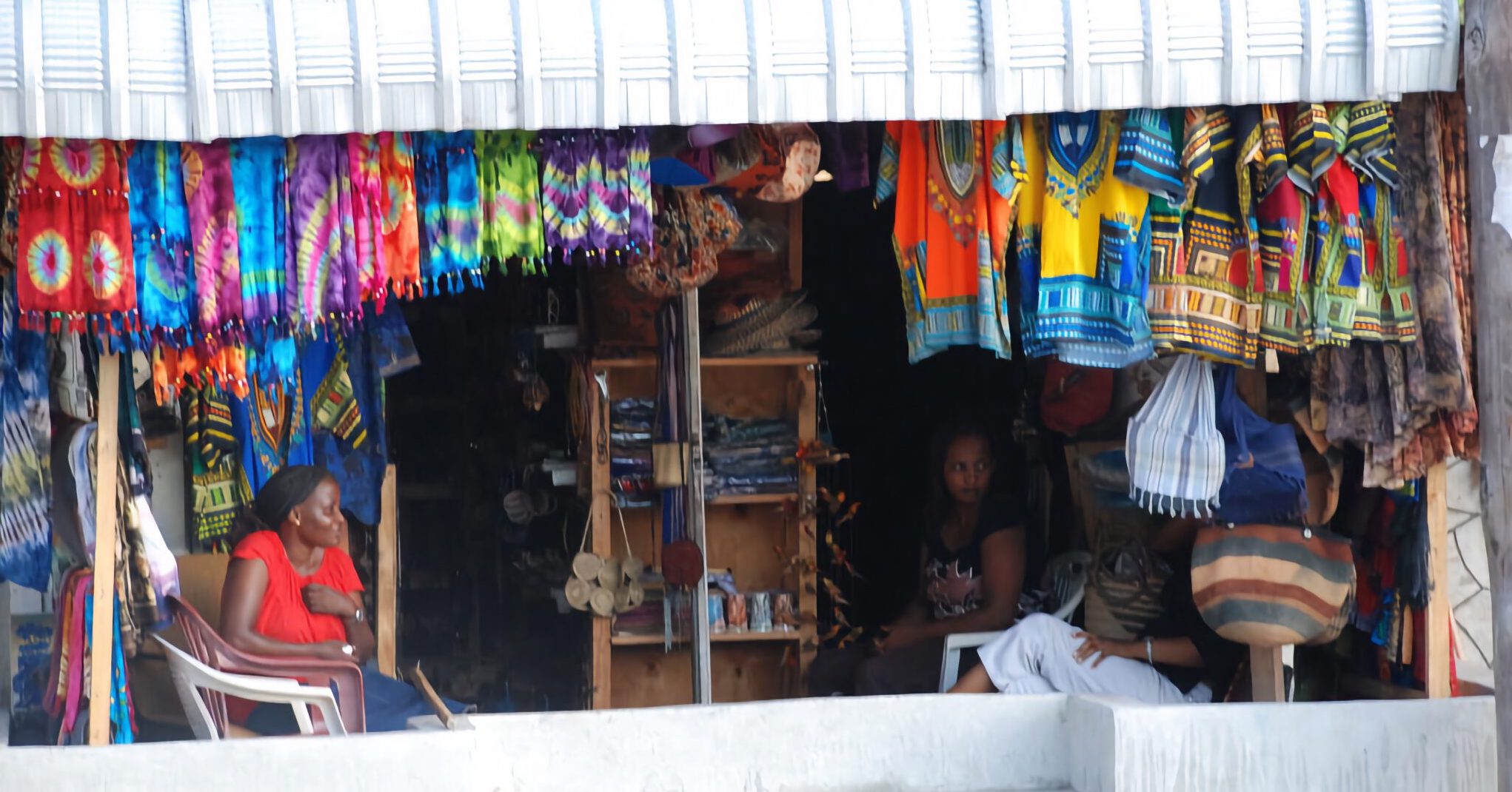In this post, we feature the project entitled “Social Enterprises and Nonprofits as Service Providers and Vehicles for Participation in African Megacities” where one of our members (currently a member of the Board of Directors and former treasurer), Nicole Göler von Ravensburg, participates.
The project was financed by the German Ministry of Research and Education. Three German and three African Universities participated. It entailed a capacity building element for young African Social Enterprise Scholars (PhDs and Early Career Researchers, ECR) as well as a research component. The research part consisted of three work packages, namely: Social Enterprises and Nonprofits and their ecosystems (WP 3); Analyzing the Ecosystems of SEs and NPOs in Johannesburg (WP5); Building resilient urban communities with the help of SEs/NPOs (WP8).
WP8 was coordinated by our EMES member Nicole Göler von Ravensburg and it’s the focus of this entry. This work package centred on the question of how exactly SEs and NPOs contribute to the resilience of the disadvantaged communities they operate in. This is still a gap in the research field, as it goes beyond questions of ecosystem adequacy and governance or management issues.
Four cases of seasoned, locally embedded social service providers in Soweto, Johannesburg (South Africa) were investigated in depth. Each case study comprised interviews with different stakeholders and internal and/or published documents. Analysis and interpretation were inspired by Grounded Theory methodology and undertaken first on a case-, then on a cross-case-level. Our findings show the importance of organisational resilience as a precondition and enabler for community resilience which needs to be met with participatory co-production if not co-governance strategies.
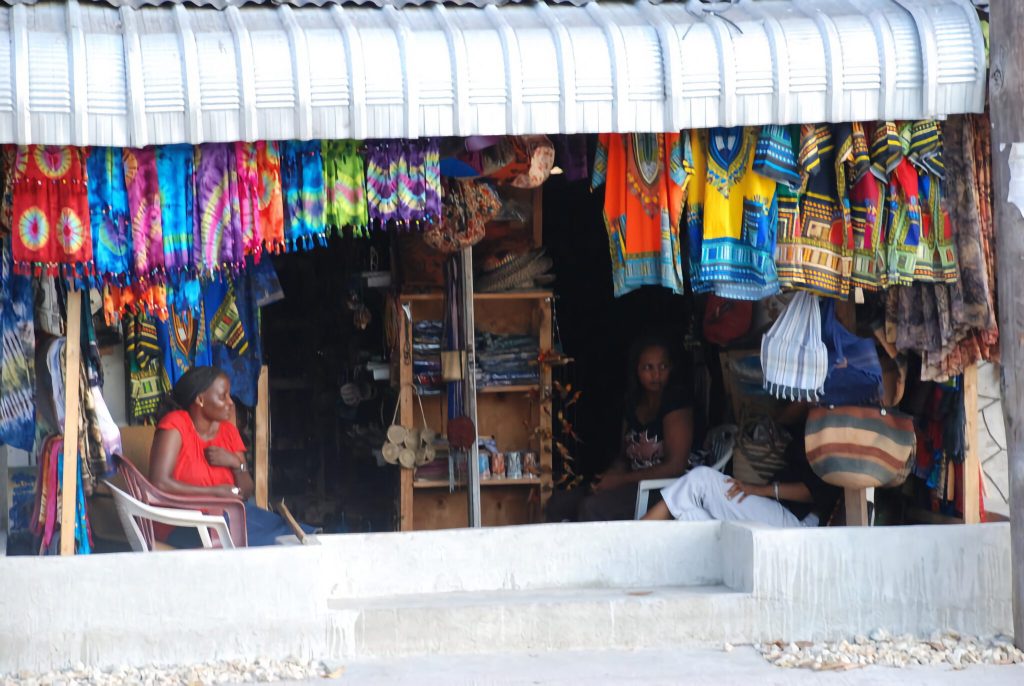
Six main themes of relevance for both organisational and community resilience transpired, that seem to form the foundation of SEs and NPOs contribution to the resilient development of disadvantaged communities. Possibly the most central learning of all was: Transformative missions, if shared by all sides – the organisation, the community and the paying customers – can be powerful in creating community resilience in that they further empowerment at personal and community levels (this confirms Braulio Pareja-Cano et al., 2020). Effective systems transformation, however, depends on missions being impactful (e.g. in the supply of good quality health services to populations) and the partnerships between SEs/NPOs and customers (here usually state departments) themselves being resilient. It appears as though both are more easily achieved with organisational size and/or a certain amount of mutual dependency between customers and SEs/NPOs. Organisational resilience e.g. in terms of attracting funding beyond costs, innovative capacity, diversification, multiple ties to their surrounding community and new institutional collaborations seem to be important. So does the personal resilience of the most important leaders/CEOs in the SEs/NPOs and the adherence to the social mission without cutting down on training and empowerment activities.
In regard to relationships between SEs/NPOs and promoting agencies such as (local) government departments it became very clear that from a resilience perspective a transformative social entrepreneurship sector needs to have agency in moving the local community forward. All four cases show a neutral attitude towards politics in general and local government in particular. Nevertheless, it became clear that overly protective or directive promotion should be avoided at all costs, while service contracts and especially terms of payment should be honoured meticulously. The way partnerships between (local) government and SEs/NPOs are governed should a) give local partners a great deal of leeway in regard to the way in which they want to involve the community; b) be reliable in terms of contractual obligations being fulfilled; and c) training should be tailored to the organisational needs and activities.
The choice of legal form seems to have no effect on the ability of SEs/NPOs to contribute to community resilience. Yet co-governance clearly improves organisational resilience and in an indirect way also leads to improvements in community resilience. What also becomes clear across all cases: Any production of common goods, including personal and community resilience, does create extra costs. All cases show some compensation for this from voluntary work and private donations, while public re-compensations for service costs only covers community related external effects in the one big public service organisation (HR).
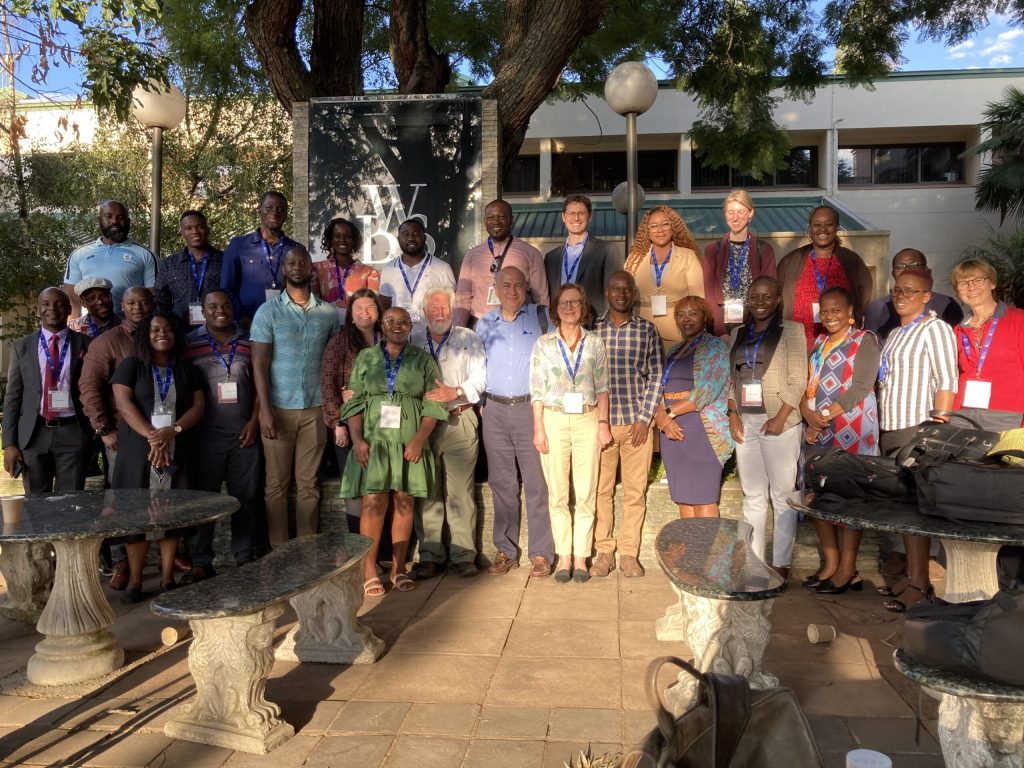
This research has relevance to the EMES community in respect to findings but also in respect to the methodology used. The findings suggest, that African communities can make use of social capital accumulated on the basis of local/regional social norms and rules of cooperation. This influences community’s behaviour in regard to voluntarism, mobilization of material resources and co-governance which not only are not dominated by individual interest but also imply different sources of trust. Methodologically this research was based centrally on narrative interviews with various stakeholder groups in each case. No assumptions or hypotheses were imposed, no narration was taken as fact, but seen as constructed (in the neutral sense of a constructivist paradigm). Inductive and abductive analysis guided by an ethnographic approach was applied in a systematic manner, and interpretation consistently done by reflective teams of researchers. This resulted in scientific transparency, intersubjectivity and wide range of our reconstructive interpretation. It showed that interviewing all stakeholder groups within an organization not only verifies accounts made of cause-and-effect-relations, but also makes explicit or adds relevant information, eventually leading to a much improved picture of the underlying social fabric and values, thus to some degree helping to open the black box of motivations and preferences.
Other images captured during the project:

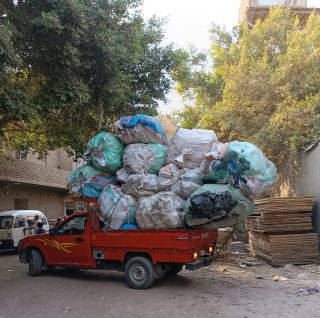
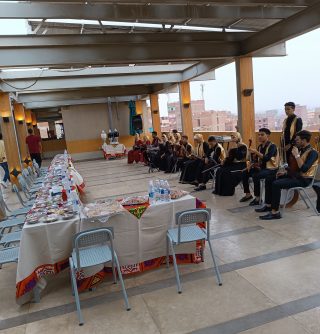
Cited reference:
B. Pareja Cano, C. Valor Martínez, A. Benito Olalla, How Social Enterprises Nurture Empowerment: A Grounded Theoretical Model of Social Change. Journal of Social Entrepreneurship. Vol. 3, nº 1, págs. 92-124, Julio 2020.. ISSN: 19420684.

